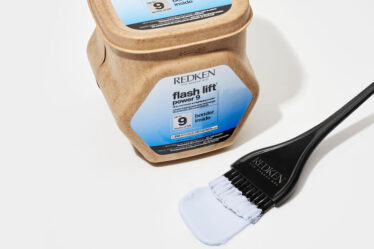
The vast majority of posts by Australian social media influencers may have violated advertising standards requiring disclosure of payment, the country’s consumer watchdog said on Friday, adding it was considering “enforcement activity.”
Under a self-regulated system, advertisers in Australia must disclose commercial arrangements and clearly state when a piece of content is an ad.
The Australian Competition and Consumer Commission (ACCC) said, however, that influencers lacked incentive to do so because their main selling point was typically their authentic tone.
A study by the watchdog found concerns with 81 percent of posts by 118 prominent Australian influencers made since January, mostly due to failure to disclose payment or gifts, or failure to state that the post was an ad.
The most concerning posts came from influencers in the fashion industry, where 96 percent of posts were labelled “concerning,” followed by high numbers of problematic posts by parenting and travel influencers, it said.
“Consumers are unable to make informed choices about purchases when endorsements and sponsored posts are not clearly disclosed,” ACCC chair Gina Cass-Gottlieb said in a statement.
The ACCC’s review is part of a years-long regulatory overhaul that has brought tougher rules for the world’s biggest internet companies.
The commission said it plans to try to educate influencers and social media companies about their responsibilities.
The Australian Association of National Advertisers, which oversees advertising standards, said it would continue to engage with the industry and the ACCC “to ensure responsible influencer advertising.”
Most influencer activity in Australia takes place on Meta Platforms Inc-owned Facebook and Instagram.
A Meta spokesperson said the company required content creators to follow Australian advertising laws and regulations, and “creators who share branded content on our platforms are required to use the paid partnership label.”
The ACCC said the global influencer sector is forecast to grow to $24.1 billion by 2025, which compares with $6 billion in 2020.
By Byron Kaye; Editor Edwina Gibbs
Learn more:
Why You Should Hire an Influencer With a Day Job
Influencers who gained online fame for offline pursuits are rapidly earning brand attention, but working with them requires a different type of partnership.



